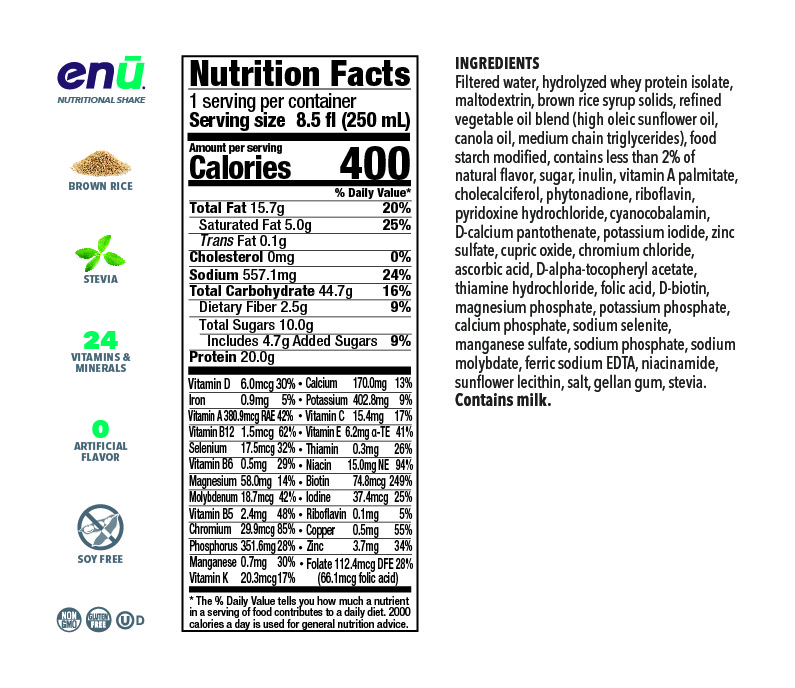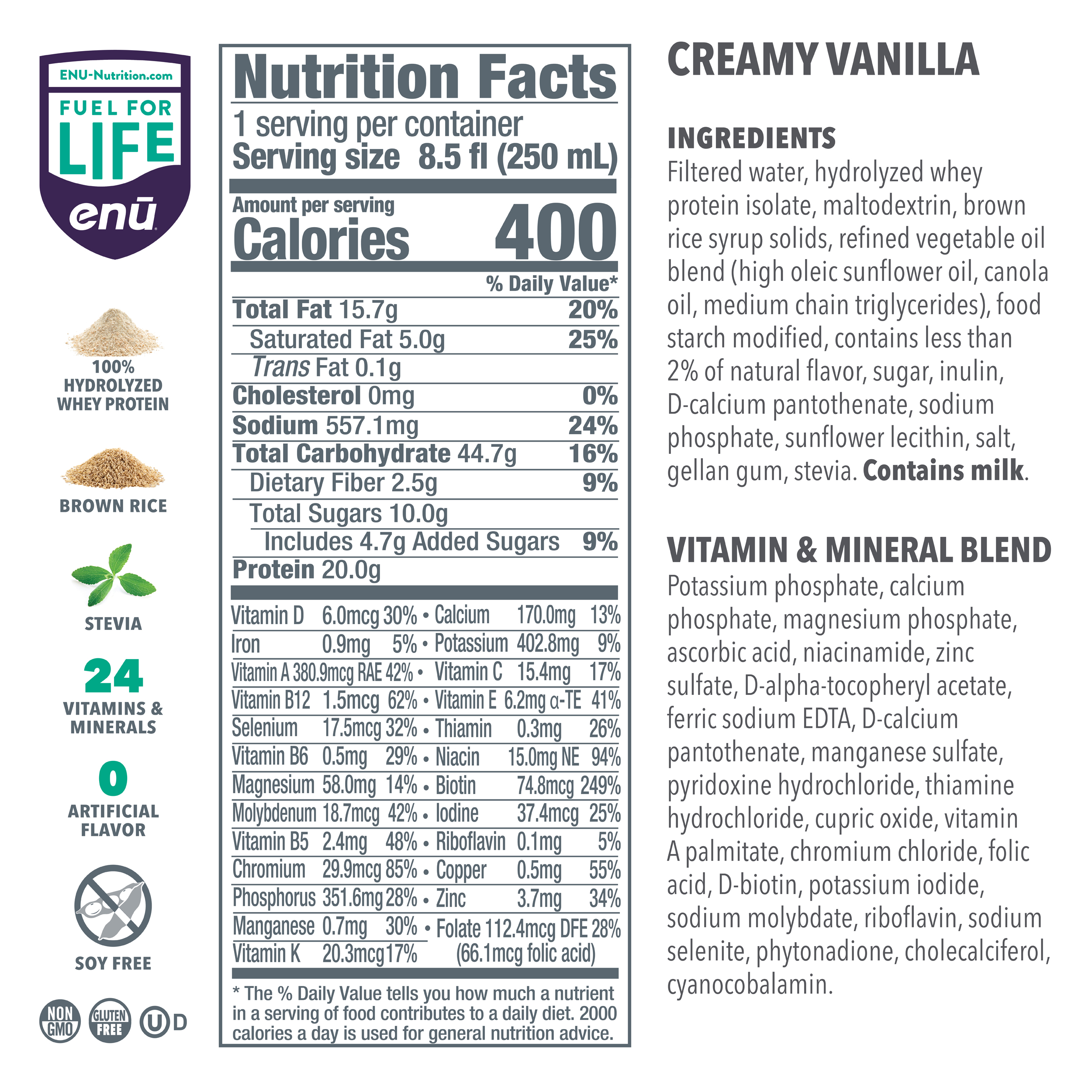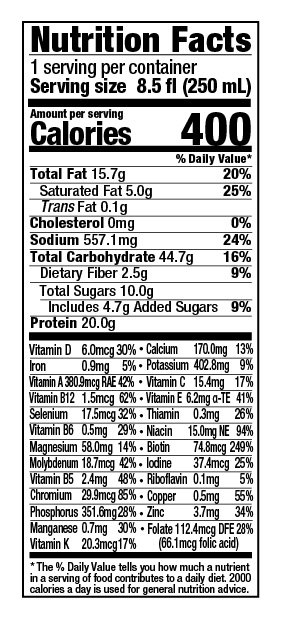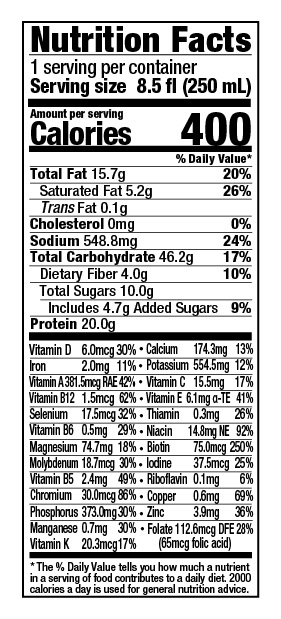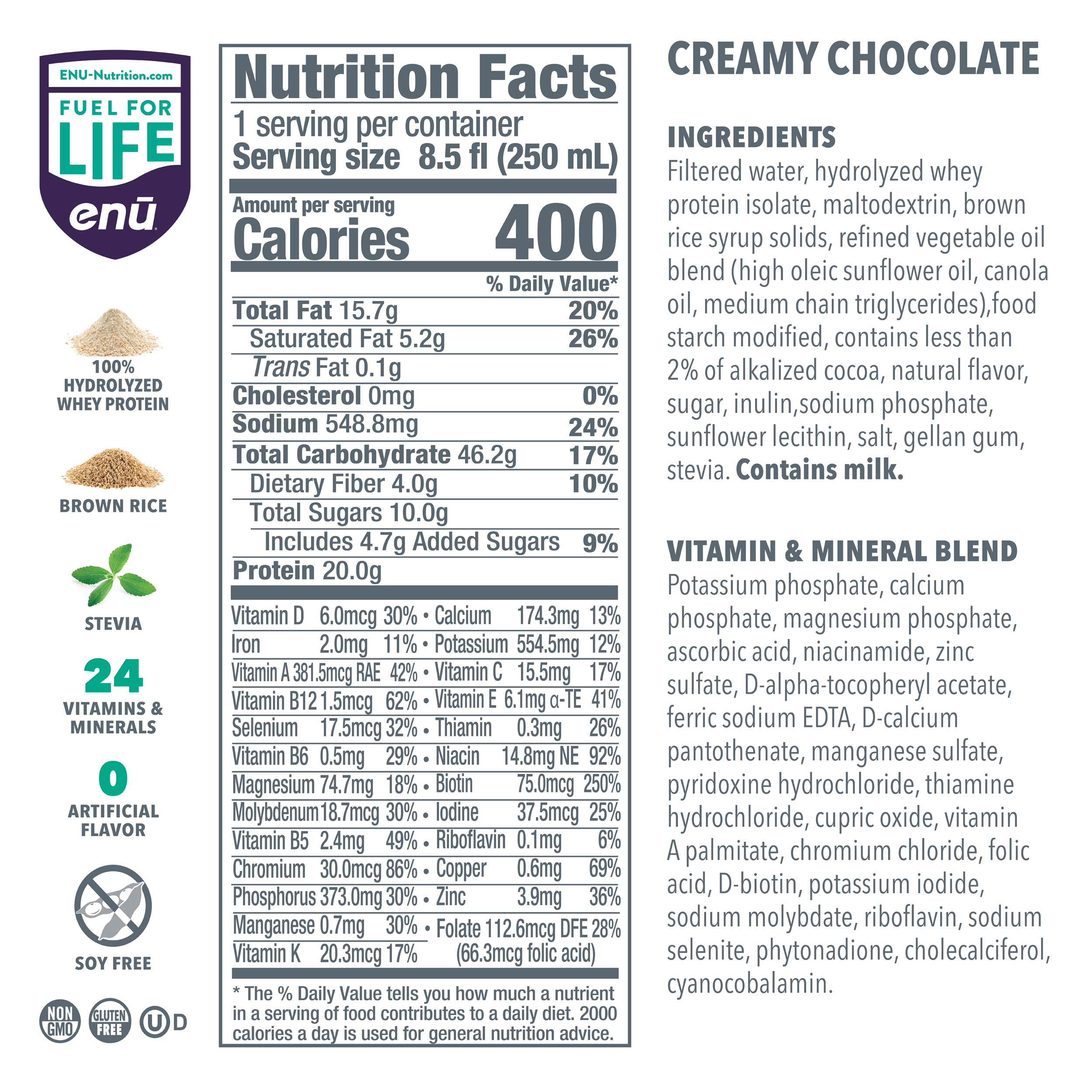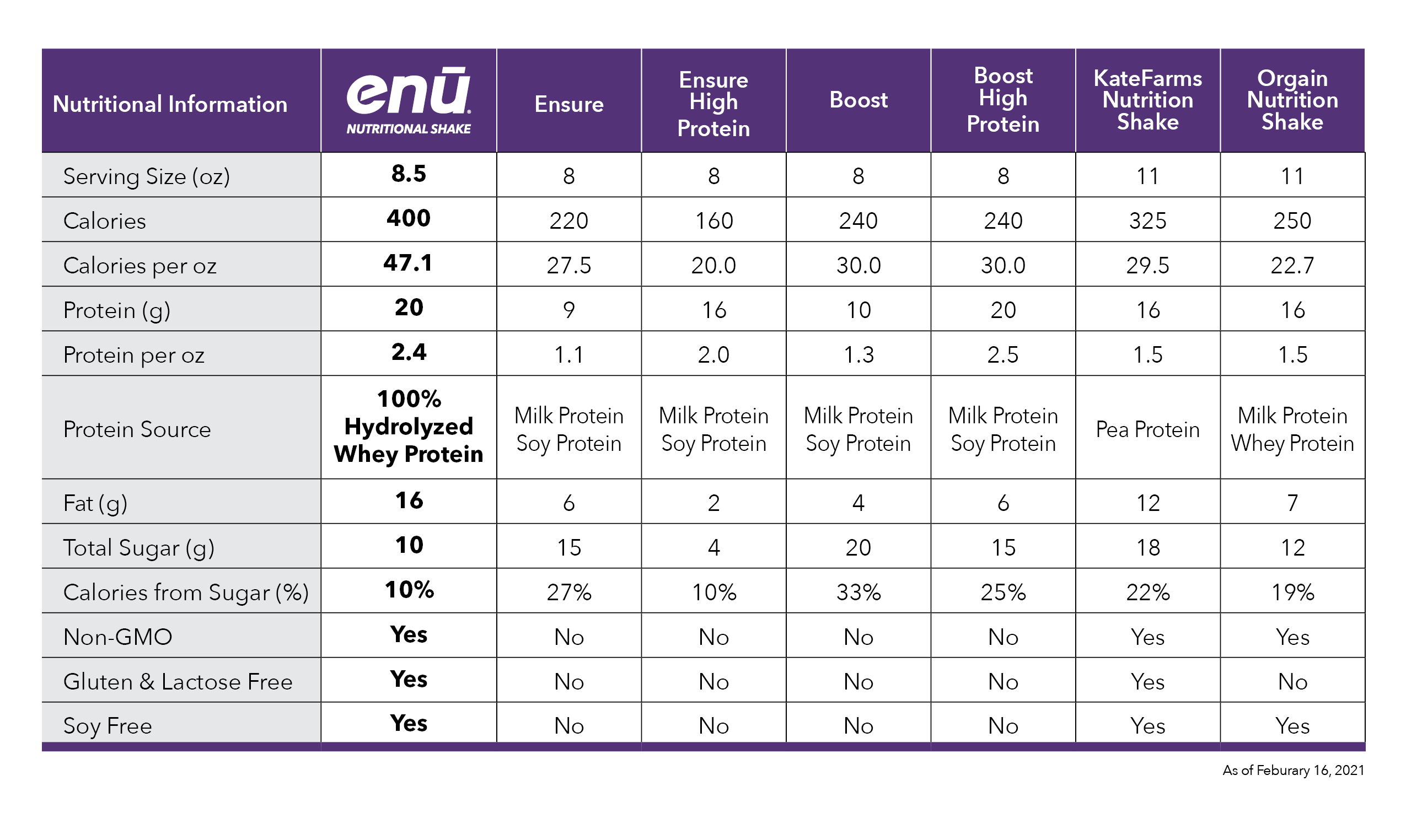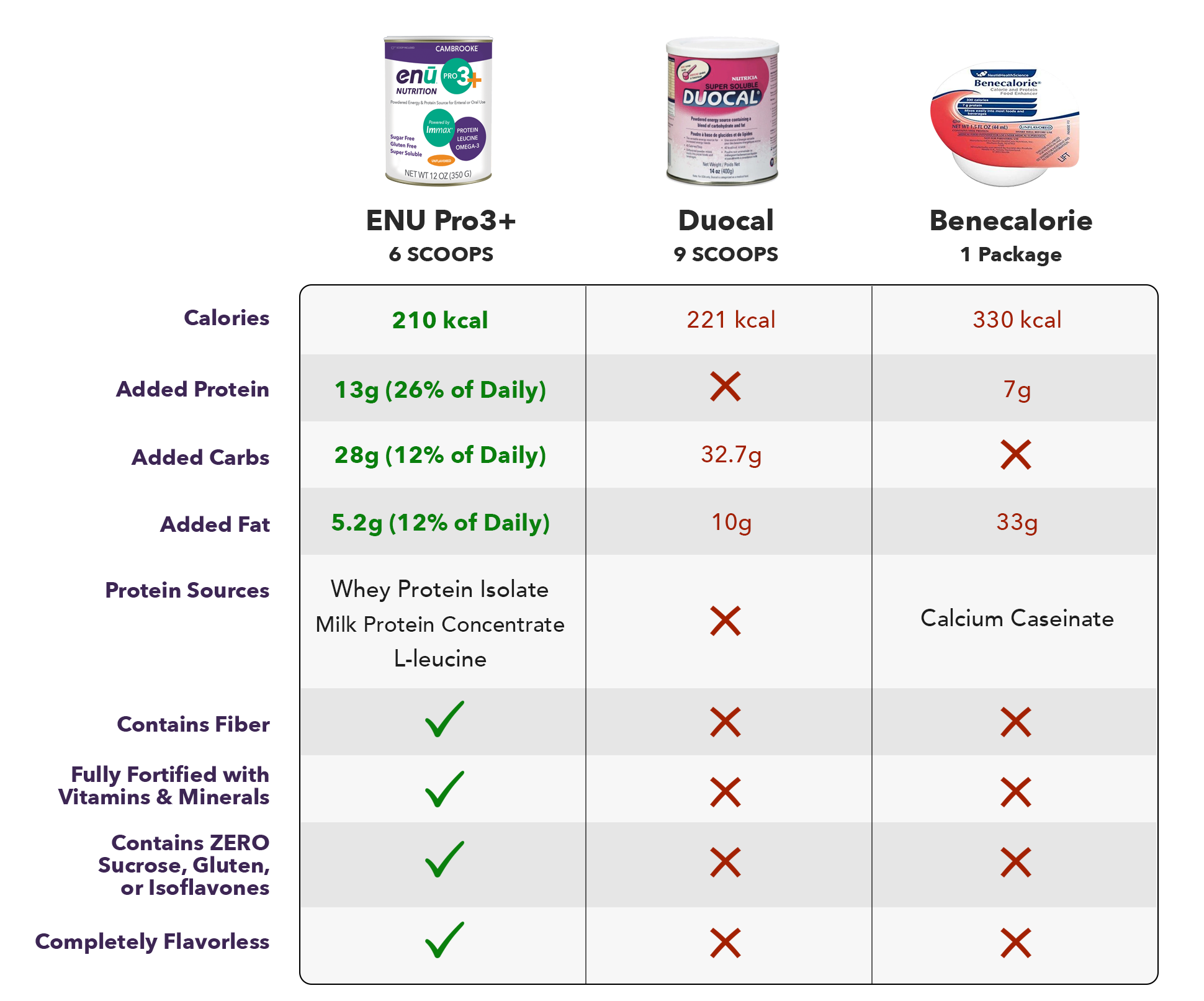
Get a FREE
ENU Intro Pack*
*Just Pay $2.00 Shipping

What Causes Extreme Loss of Appetite?
For most people, appetite is one of the key ruling impulses that govern daily behavior. Put simply: when we’re hungry, we eat. Although there are both positives and negatives to this system of demand-then-supply, the lack of an appetite can arguably be worse than even the most voracious craving. When we no longer have that stimulus on which to base our decisions, the effort required to prepare, order, or go out and buy food can seem more or less pointless. However, even when you don’t have an appetite, it’s important to remember that your body needs food; equally important is the need to address appetite loss, especially when it’s severe. To do so, you’ll likely have to begin with a simple question – “What causes extreme loss of appetite?” – and then go from there. For more on this topic, keep reading as the team at ENU – makers of nutrition shakes and powders – share their insight on the matter.
Common Causes of Extreme Appetite Loss
Because an appetite is an indication that the body is in need of, among other things, energy, an extreme loss of appetite can easily cause someone to feel like they don’t have enough fuel, simply because less appetite means they tend to eat less food. To address the issue, it’s often necessary to identify the cause of the extreme appetite loss, and quickly; left unchecked, appetite loss can rapidly spiral into malnutrition and a host of other complications. Below, we’ll look at some of the common causes of extreme loss of appetite.
Thyroid Issues
Most people don’t think about their thyroids very often, but this small organ is responsible for producing a variety of hormones that regulate some of the most important bodily functions, including things like your appetite and metabolism. If something goes wrong in your thyroid, the resulting hormonal imbalance can easily affect your level of hunger and cause extreme loss of appetite.
Stress
We all feel stressed at one time or another, but a significantly stressful event – the loss of a job, the death of a family member, a big move – can have a huge impact on the body. If you’ve been feeling especially worried or pressured lately and simply don’t have any interest in food, the stress in your life could be the cause.
Infections
There are many kinds of organisms that can infect the body, including more than a few that could cause extreme loss of appetite. Even a simple cold may cause you to stop eating, as can conditions like the flu, a respiratory infection, or HIV. If you’ve been feeling generally unwell and don’t have much of an appetite, an infection could be to blame.
Medication
In most cases, medication is something that’s supposed to make us feel better, but most over-the-counter and prescription drugs come with one or two side effects that could produce the opposite result. Certain medications are more prone to this than others, including sedatives, cancer drugs, and some antibiotics.
Cancer
Although an extreme loss of appetite is by no means a clear indicator of cancer, it can be one symptom of the condition, especially certain types – stomach, ovarian, and pancreatic, to name a few. If you have cancer and don’t want to eat most days, ask your doctor whether a nutrition shake for cancer patients might help.
Acid Reflux
It’s not difficult to imagine why people with acid reflux experience discomfort, but it may surprise you to learn that a loss of appetite is also common. While this downturn in hunger levels may not be extreme, it’s worth investigating as a possible cause of appetite loss.
Drug Use
Stereotypes surrounding the use of certain recreational drugs – namely marijuana – often include an overactive appetite, but these substances can also make a person lose their appetite, especially in the short term. Keep in mind that alcohol and cigarettes are no exception to this.
Pregnancy
Pregnant women typically have to contend with a wide array of issues both before and after giving birth, and changes in appetite are certainly on the list. Because of the hormonal changes that occur during pregnancy, women may find that they feel more hunger, especially for specific foods, or they could experience extreme loss of appetite.
Mental Illness
People generally associate mental illnesses with changes in mood or behavior, but there are many physical symptoms that can manifest as well. Appetite loss is among these; if you have been feeling anxious or depressed and have noticed an extreme loss of appetite, a mental health issue may be the cause.
Tips for Managing Extreme Loss of Appetite
Dealing with an extreme loss of appetite isn’t easy. Those whose condition is caused by a treatable condition may be able to clear it up before too long, but many patients are unable to get a definitive diagnosis that can explain their appetite loss (though you should absolutely still speak to a doctor about the problem).
When this happens, it’s important to find ways to deal with the condition. Weight management shakes can help to avoid unwanted weight loss, and lifestyle changes – such as eating smaller, more frequent meals or increasing your level of physical activity – may be effective as well.
Try ENU Shakes and Powders to Help Manage Extreme Loss of Appetite
Although it may not seem like much of a problem at first, extreme loss of appetite can lead to a number of severe health problems, and it can indicate a significant issue. If you struggle with appetite loss, try adding some of ENU’s nutrition shakes or Pro3+ nutritional powder to your routine for more calories, protein, and other essential nutrients. Learn more by visiting ENU online or calling (855) 266-6733 today.




